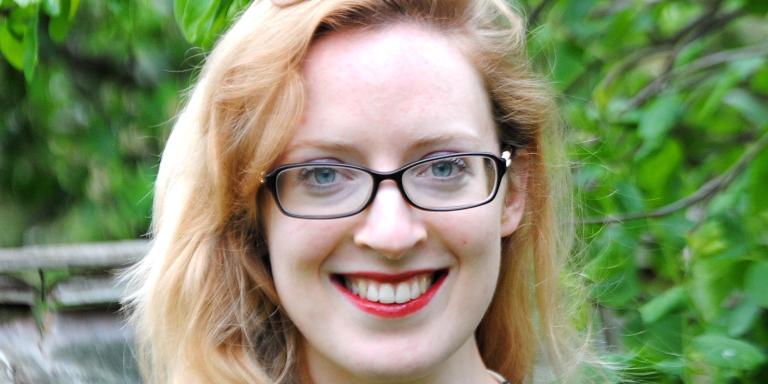Overview
The Biochemistry course examines the molecular aspects that govern and control cellular processes.
Biochemistry at LMH
LMH has a long history of taking Biochemistry students; indeed it was one of the first colleges in the University to appoint a Tutor in the subject.
Admissions requirements and course information
The general University requirement is Chemistry at A level or equivalent as a prerequisite for entry to the course with a recommendation that students also have A level Maths. At LMH we consider that A level Biology is also highly desirable, although applicants with neither Maths nor Biology will still be considered.
Details of the general admissions criteria can be found on the central admissions website and information about the course can be obtained from the Biochemistry Department website.
This video shows how an interview for biochemistry would typically start.
Interviewers are not going to ask you trick questions, but many of the topics you will cover do not have simple ‘right’ or ‘wrong’ answers. The questions are designed to encourage you to think for yourself and develop an argument. Be yourself and ask for help if you need it.
If you don’t know the answer to a question, you may wish to explain that you haven’t covered that topic yet, but do try to work out the answer if you can. Many questions are designed to test your ability to apply logic and reason to an idea you may never have encountered before. The questions may seem difficult, but don’t worry: this does not necessarily mean that the interview is going badly. The tutor will be seeking to stretch you in order to assess your potential. Remember that tutors are not necessarily so concerned with what you know, but how you think.
In this Biochemistry interview, you will see that the student does get an answer wrong at first. Don't worry if this happens to you! The tutor will guide you. In many areas there may not even be a right answer.
The Biochemistry course at Oxford is rigorous. LMH therefore is looking for well-rounded individuals likely to have the necessary resilience to make the most of the course.
A typical week
Lectures and practical classes take place in the Departments of Biochemistry and Zoology which are located in the South Parks Road Science Area, a short walk across the Parks from College. Lectures are scheduled in the mornings, leaving afternoons for practical classes, tutorials and independent study. In addition to Departmental teaching, you will usually have one, sometimes two tutorials each week, either in College with the Biochemistry tutors, or in other Colleges with tutors in different, specialized areas of the subject. Written work is expected for all of these tutorials.
You can also find out more about research and careers in different areas of biochemistry from the following websites: the Biochemical Society, the journal Genetics, and the British Society for Cell Biology.
Career prospects
LMH students perform well, and a high proportion of recent graduates have gone on to research degrees in the Department or at other universities throughout the UK. Some graduates find employment less closely related to their degree subject and pursue opportunities, for example, in management consultancy and the financial sector.
What our students say
"I believe studying Biochemistry at LMH breeds very high academic skill and personal attributes, preparing you to follow many possible paths when you leave. The course content is wonderfully broad and you are introduced to more fields than you could possibly have imagined before coming here. Through the tutors, subject areas that may have been brushed over in lectures can suddenly become undiscovered fields of great interest to you – my 2nd year brought learning about inactivating X chromosomes in females, a reason behind the patterning of tortoise shell cats!
I found the LMH library an excellent place to work; its atmosphere encourages concentration and productive thinking, its resources fantastic and all housed in a great space. Adding to this, the consistent college support during the course and opportunity for tutorials to focus on personal problems arising with certain topics makes it hard to think of anywhere I could have received a more thorough university education in my chosen subject."
Rodina Peachey

